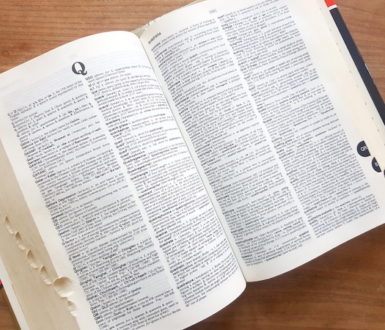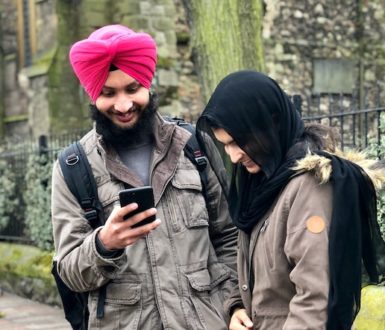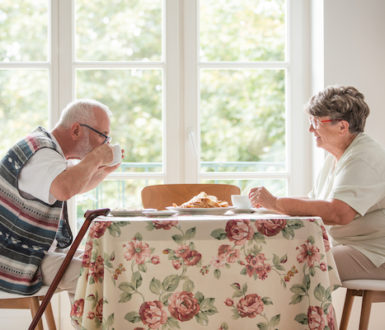What we say is not always what we mean

British life often involves humour in some form – and advertising is no exception. This poster is a good example. The smoking and vaping part makes sense. But candlestick making? Is that really banned on trains? And who would make a candlestick on a train anyway?
What is not especially clear is that this is a joke based on an old nursery rhyme:
Rub-a-dub-dub,
Three men in a tub,
And who do you think they be?
The butcher, the baker, the candlestick maker,
And all of them out to sea.
As well as cultural references, our everyday humour also uses sarcasm, understatement and exaggeration to change the meaning of our words into something totally different. You can read more about some of the reasons why we do this in the guide to british humour.
Exaggeration – this is used to say something is bigger/better – or worse – than it really is.
- “The picnic was a nightmare, there were millions of flies” = There were some flies.
- “My feet are killing me” = My shoes are uncomfortable.
Understatement – sometimes instead of exaggerating we will do the opposite, and say something is less extreme than it really is.
- “Not bad” = It was amazing.
- “It’s nothing, just a small cut on my hand” = It is bleeding heavily and might need stitches.
Sarcasm – if exaggeration and understatement won’t work, we might just completely say the opposite of what is meant. This is mostly positive language actually meaning something negative, but can also be used the other way round.
- “You amaze me all the time” = You are an idiot.
- “Nice one” = What a disaster.
And before we finish this blog, let us not forget euphemisms. This is the word for the hundreds of ways British people avoid using simple words to talk about sex, death or going to the toilet. One example is “Where can I spend a penny?” which means “where is the nearest toilet?” (early public toilets cost a penny to use).
This might sound very confusing. It can be, but usually the combination of context, body language and tone of voice can help show the real meaning. In text messages or social media, emojis might help.



